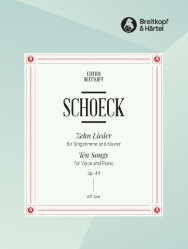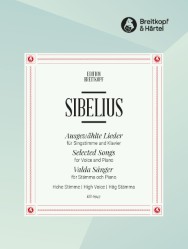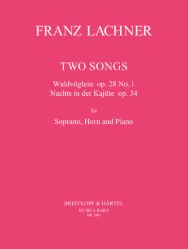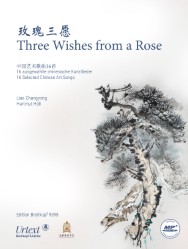Selected Arias for Soprano Vol. 2
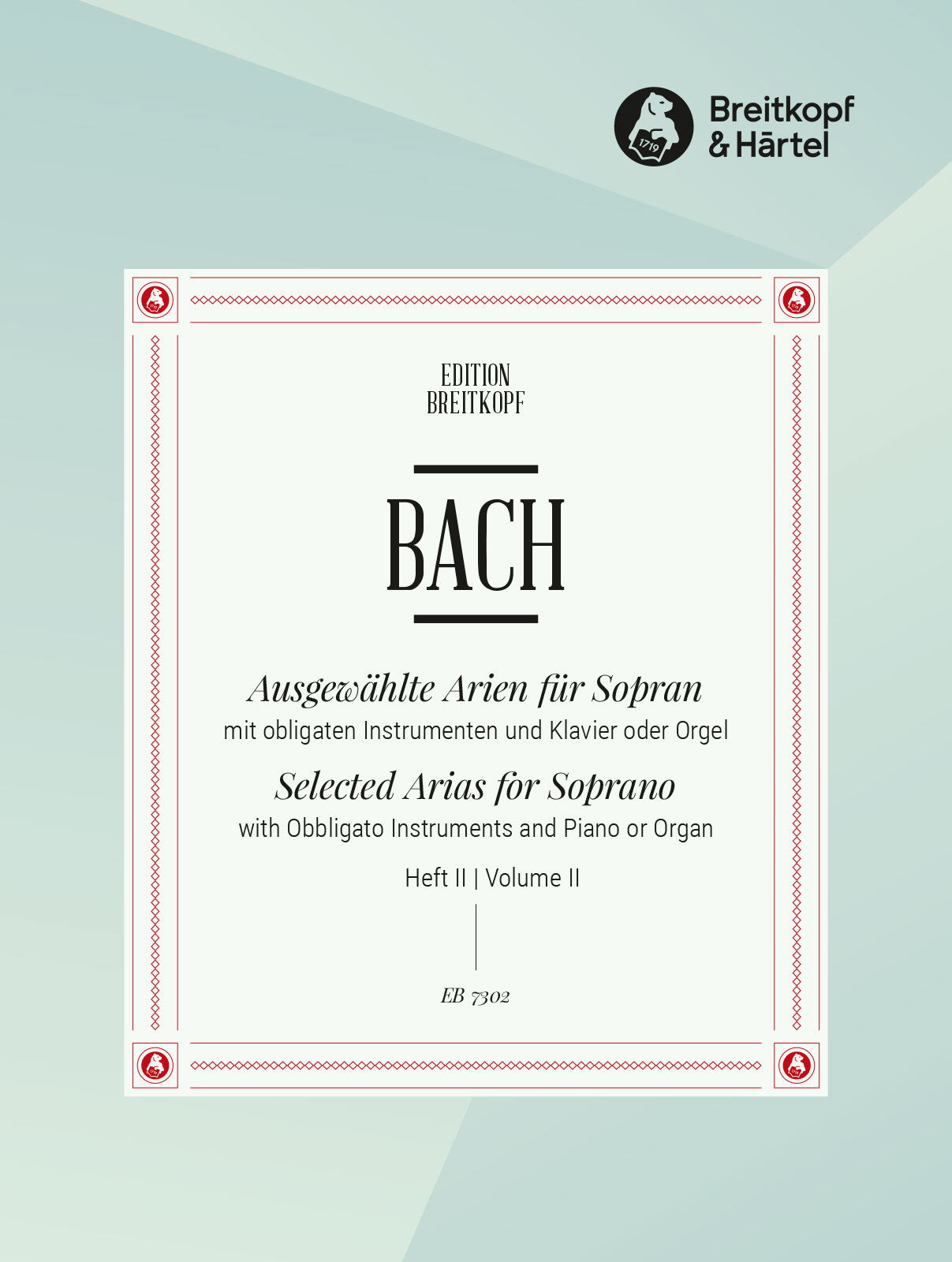
Composer: Bach, Johann Sebastian
Instrumentation: Voice, Obbligato Instr (Violin) and Piano or Organ
Editor: Mandyczewski, Eusebius
Publisher: Breitkopf and Hartel
Edited by Eusebius Mandyczewski, Bach’s Selected Arias for Soprano Vol. 2 contains a selection of arias from the cantatas BWV 1, 30, 32, 76, 92, 100, 144, 147, 171, 245 abd 249.
Digital Download – PDF
Shipping costs: No shipping
R.R.P £51.00
Our Price: £43.35

